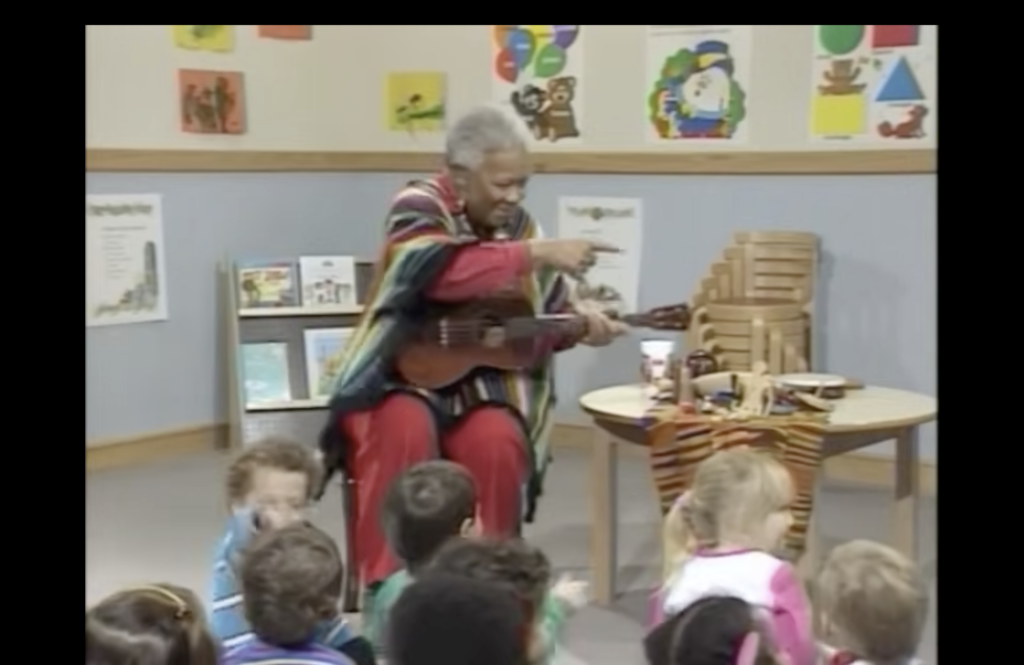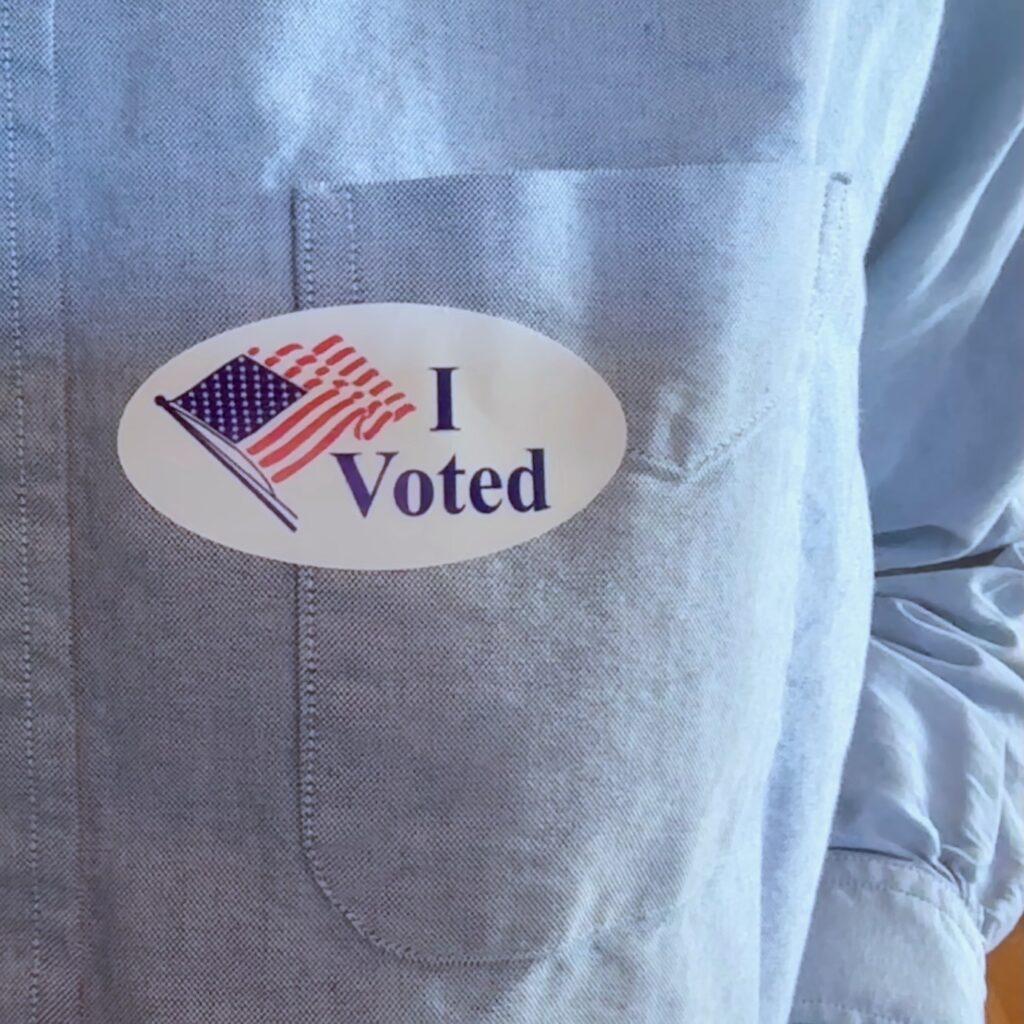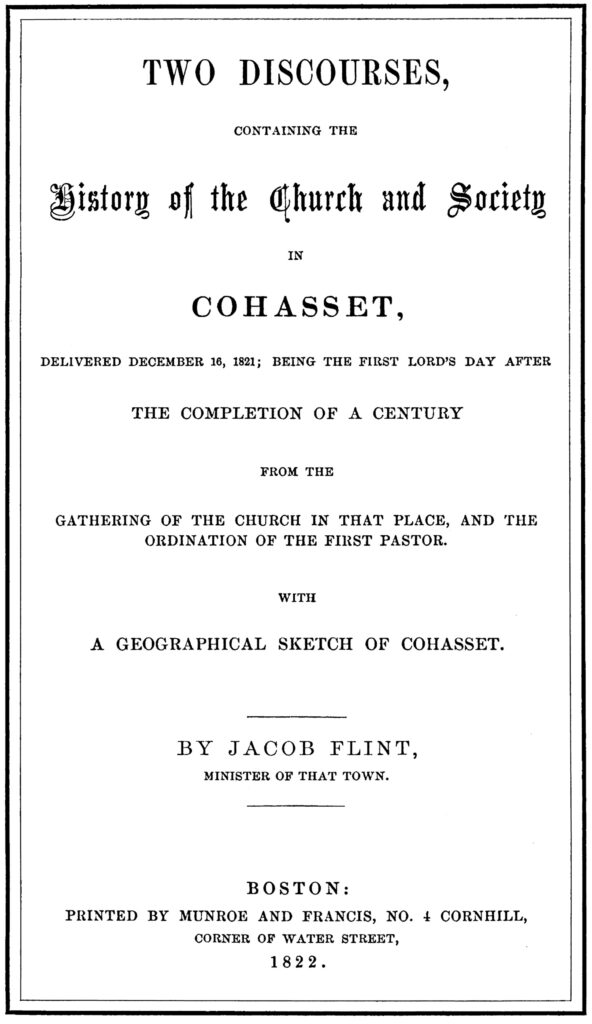Today I got to listening to Ella Jenkins songs on Youtube. I was mostly curious how she used her ‘ukulele when she was singing with children.
But as I watched the few videos there are of her actually singing with kids, I began to appreciate how good she is working with children. She was especially good with preschoolers and early elementary grades. There’s a great photo on her website showing her sitting on the floor in the middle of a circle of young children leading a song. Of the 18 children visible in the photo, every single one appears engaged with the music — even the ones who are looking away are clapping along with the song.
Her music is also just right for young children. Her singing is understandable and straightforward, and she’s brilliant at using call-and-response techniques to get kids singing. Her skillful ukulele accompaniment is understated, so that it supports but never overwhelms the singing. Both the songs she has written, and the folks songs she has found, are prefect for singing along. Pretty much everything she does seems designed to get kids to sing along with her.
You can watch her in action in a video where she sings “Who Fed the Chickens” with another group of preschoolers. This is a call-and-response song with hand motions. Ella sings, “Who fed the chickens?” and the children respond with “I did,” or “she did,” or “they did,” or “we did,” while pointing at the appropriate person or group of people. Ella makes it all fun, and the children respond. It’s also worth noting that the video was recorded in 2012, when Ella was 88.

Ella Jenkins is pretty fabulous. Makes me want to play the baritone ukulele.


